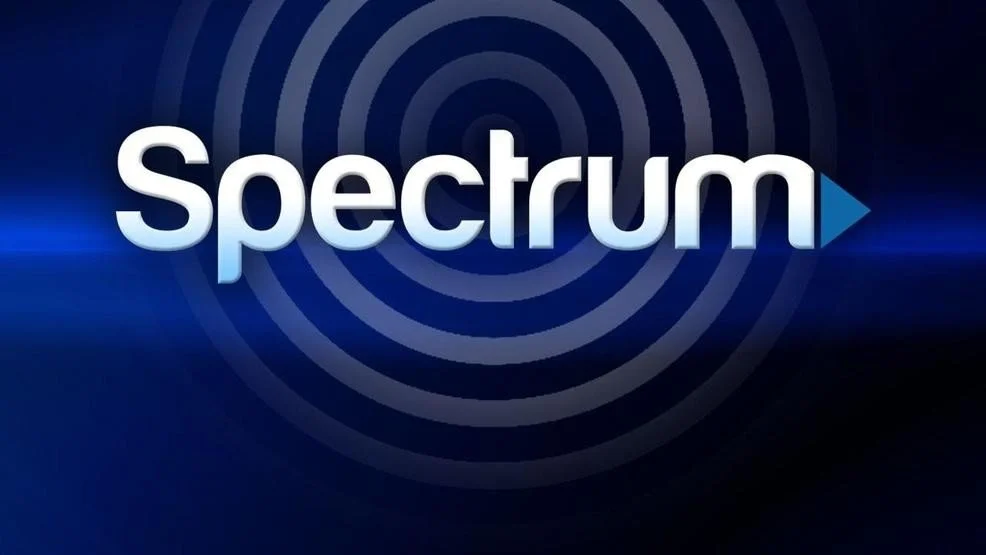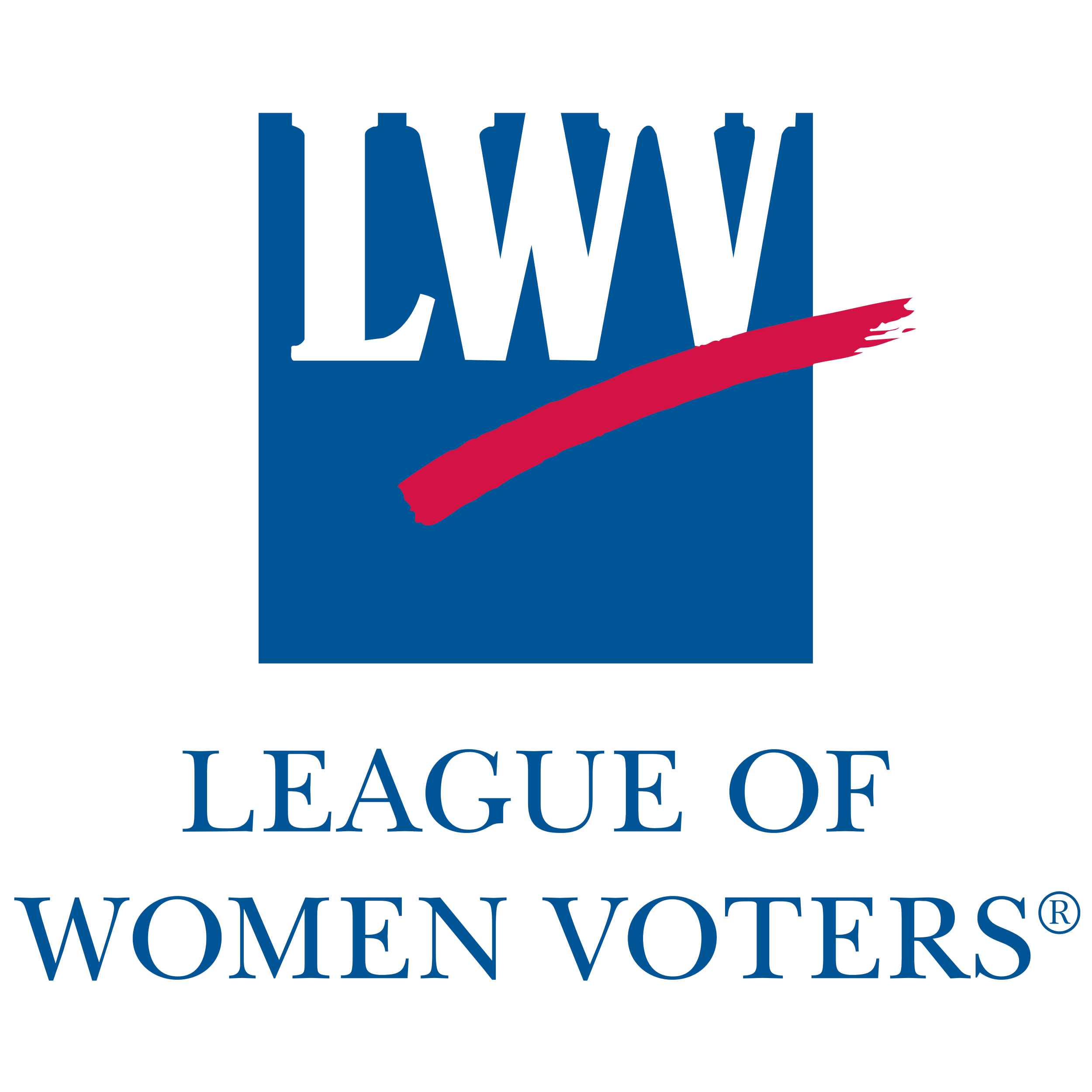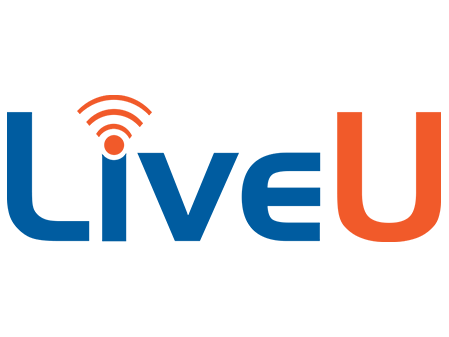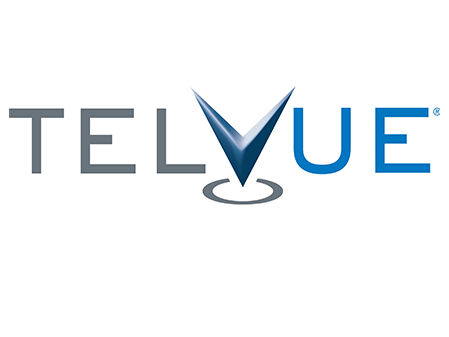Charter Communications uses the Spectrum name in Wisconsin.
The summer has not been going well for Charter Spectrum. In July, a Texas jury found the company “90%” liable for the robbery and stabbing death of an 83-year-old woman by a cable TV technician. The jury decided on a penalty of $7 billion. (That’s billion with a “b.”) According to PR Newswire, the “verdict includes punitive damages [$37 million] for use of forged documents in attempt to prevent a jury trial.”
Then on July 22, the Federal Communications Commission slapped Charter Spectrum with a fine of $1.18 million for defaulting on Rural Digital Opportunity Fund (RDOF) commitments in more than a dozen states (Wisconsin was not among them).
Charter found responsible for the murder of a cable customer
A Dallas County, Texas jury found Charter Communications guilty of gross negligence and awarded damages of $7 billion to the family of Betty Thomas, an 83-year-old woman who was robbed and killed by Charter’s employee, Roy Holden, a cable television installer, in December 2019.
During the trial, it was revealed that Charter Spectrum never verified Holden’s employment history, which turned out to be fabricated. Supervisors also ignored several indicators of trouble, including a plea from Holden himself. According PR Newswire, testimony revealed that the company had not taken any actions to improve customer safety even though there had been a “repeated pattern of violence against innocent customers by its field techs over a period of years.”
In addition, the jury found that when the family sued, Charter attorneys attempted to defraud the family by forging a customer “terms and conditions” document. According to PR Newswire, the falsified version would have forced the lawsuit into arbitration where the results would have been secret and damages for the murder would have been limited to the amount of Ms. Thomas’s final bill. Forgery is a first-degree felony under Texas law.
According to Law and Crime, “The massive verdict represents more than eight percent of Charter Communications’ market capitalization, currently estimated at more than $80 billion. The company operates under the name Spectrum.”
Charter defaults on successful bids submitted for federal broadband funding
The FCC held a competitive bid auction in November of 2020 to allocate funds from the Rural Digital Opportunity Fund. Winning bidders for specific eligible areas were notified by the agency, who were then required to fill out a “long form application.” This application is used by the FCC to “determine if the application should be authorized to receive support for winning bids.”
In all 180 bidders were awarded $9.23 billion to be spent over the next ten years. However, 73 successful bidders either failed to submit a long form application or withdrew or “defaulted” on their successful bid to serve one or more Census Block Groups (CBGs) after the deadline. In all FCC has assessed a total of $4.35 million in fines. Charter Spectrum’s share of the total is $1.18 million.
Charter Communications applied for the grant money under several different names. Charter’s subsidiary, Charter Fiberlink, defaulted on promises to serve CBGs in Alabama, Georgia, Michigan, Missouri, Tennessee, and Virginia. Under the Bright House name, it defaulted on bids in Florida. And under the Time Warner name, Charter defaulted on successful bids in California, Indiana, Kentucky, Massachusetts, New Hampshire, North Carolina, Ohio, Pennsylvania, South Carolina, Texas
Two Wisconsin companies were also fined for being in default. Pierce Pepin Cooperative Services of Ellsworth Wisconsin was fined $2,555.10 and Wood County Telephone Company, doing business as Solarus, was fined $4,327.20.
Read more from Fierce Telecom here.










